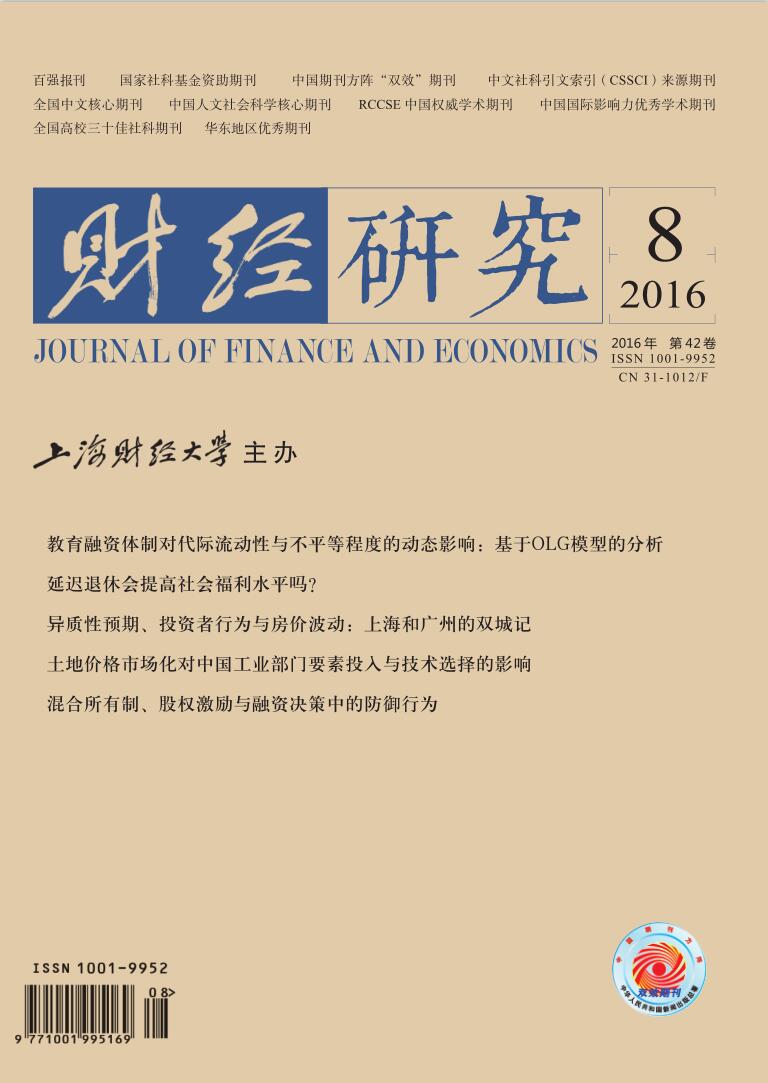The regulation of fiscal policies not only exerts intrinsic automatic stabilizer function, but also embodies policy intentions of governments, being consistent with opportunistic strategy. This paper incorporates the idea of opportunistic strategy into fiscal policy rules to study the existence of opportunistic strategy in the regulation of fiscal policies on inflation and output in China. It arrives at the main findings as follows: the fiscal policy targets including inflation and economic growth show stronger time-varying characteristics, and the regulation on economic growth depends on the deviation from the intermediate target of economic growth. Specifically speaking, while the deviation between economic growth and its intermediate target is within the interval between-0.95% to 2.85%, fiscal policies exert intrinsic automatic stabilizer function, showing stronger inertia; while the deviation between economic growth and its intermediate target is out of the interval between-0.95% to 2.85%, fiscal policies tend to be active, and play an active moderating role in economic growth.
 / Journals / Journal of Finance and Economics
/ Journals / Journal of Finance and EconomicsJournal of Finance and Economics
LiuYuanchun, Editor-in-Chief
ZhengChunrong, Vice Executive Editor-in-Chief
YaoLan BaoXiaohua HuangJun, Vice Editor-in-Chief
The Opportunistic Strategy and Its Application in China's Fiscal Policy Rules
Journal of Finance and Economics Vol. 42, Issue 08, pp. 40 - 50 (2016) DOI:10.16538/j.cnki.jfe.2016.08.004
Abstract
References
Abstract
Cite this article
Deng Wei. The Opportunistic Strategy and Its Application in China's Fiscal Policy Rules[J]. Journal of Finance and Economics, 2016, 42(8): 40–50.
Export Citations as:
For




 9229
9229  6599
6599

